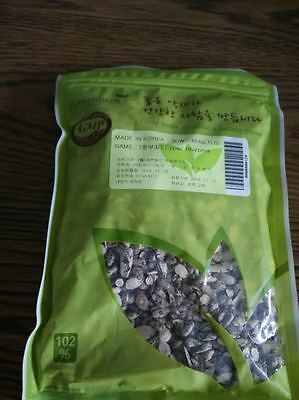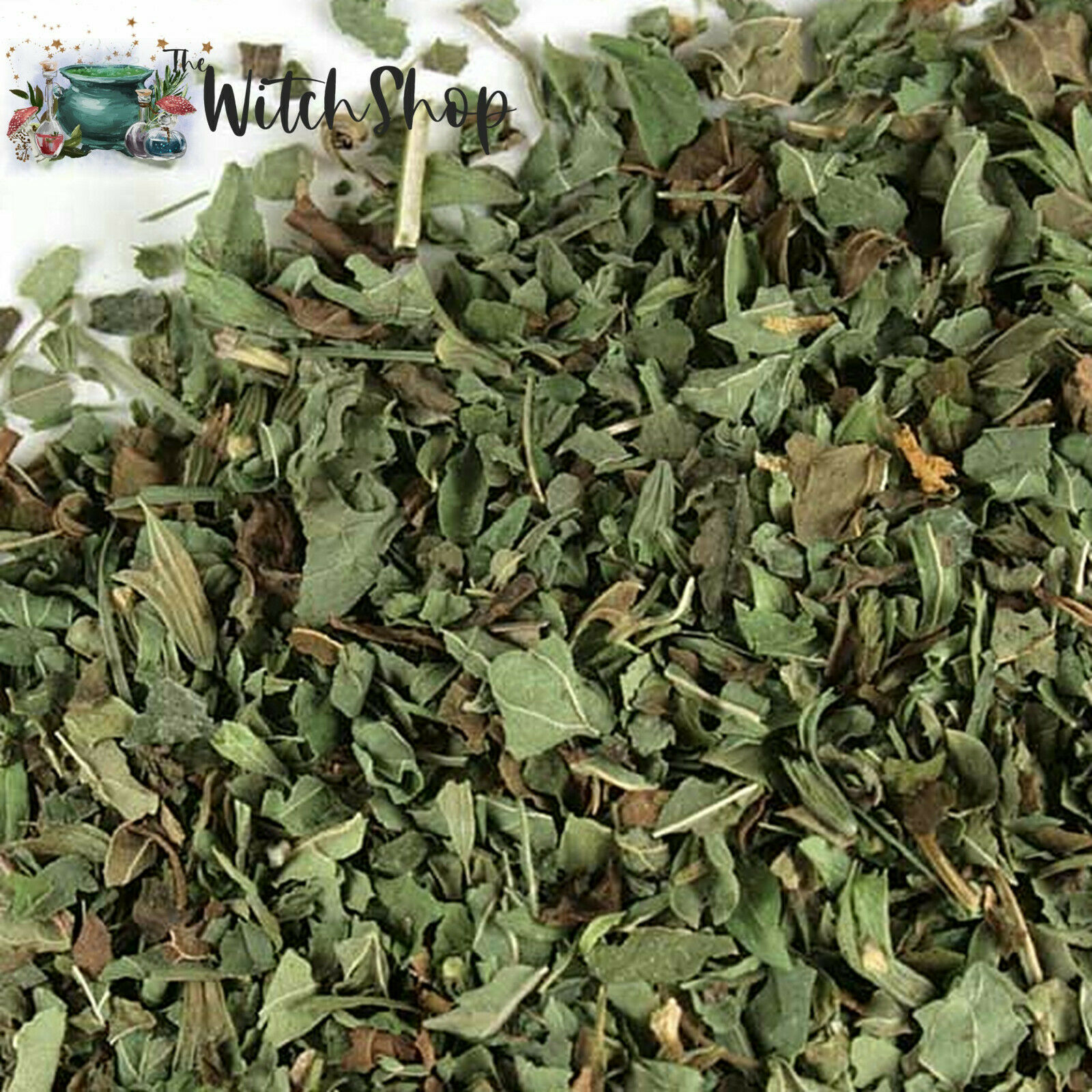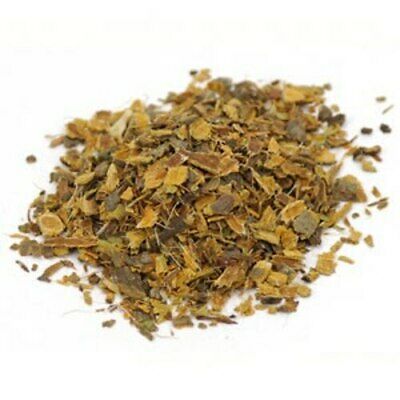-40%
Cyperi Rhizoma 1LB GMP Made in Korea
$ 12.11
- Description
- Size Guide
Description
Cyperi Rhizoma 1LB GMP Made in KoreaChinese Herb: Xiang Fu (Nut Grass Rhizome), Rhizoma Cyperi Rotundi
Herb
12
of
19
in
Herbs that Regulate the Qi
Channels:
LIV, SJ, SP
Properties:
Spicy, Slightly Warm, Slightly Sweet, Neutral
Latin:
Rhizoma Cyperi Rotundi
Chinese:
香附
Tone Marks:
xiāng fù
Translation:
Aromatic Appendage
Chinese Herb Actions
Regulates Qi and Spreads Liver Qi
Used for all symptoms associated with Liver Qi Stagnation including pain in the hypochondrium, epigastric region, and abdomen along with fullness. Used for emotional disturbance, poor appetite, chest congestion and frequent sighing
Regulates Menses and Relieves Pain
Treats gynecological disorders including dysmenorrheal and irregular menses. Also used for breast distension.
Cyperi rhizoma, the rhizome of Cyperus rotundus L. (Family Cyperaceae), is a well-known functional food and traditional herbal medicine in Korea. It has been reported that Cyperi rhizoma has antioxidant and free radical scavenging activities that play a major role in protection of neurodegenerative disorders, such as Parkinson's disease (PD). In the present study, the neuroprotective effects of a water extract of Cyperi rhizoma (CRE) against 6-hydroxydopamine (6-OHDA)-induced neuronal damage were evaluated in an experimental model of PD. In PC12 cells, CRE showed a significant protective effect on cell viability at 50 and 100 microg/mL. CRE inhibited generation of reactive oxygen species and nitric oxide, reduction of mitochondrial membrane potential, and caspase-3 activity, which were induced by 6-OHDA. CRE also showed a significant protective effect against damage to dopaminergic neurons in primary mesencephalic culture. These results suggest that CRE has neuroprotective effects against 6-OHDA-induced toxicity through antioxidant and anti-apoptotic activities in an in vitro PD model.
NO TAX










